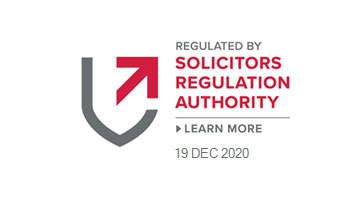What is ground rent?
A ground rent is a sum of money paid by a residential long leaseholder, usually on an annual basis, under the terms of their lease. It might be a fixed amount or engineered to rise over time, whether by a specific amount or by reference to indexation.
Ground rents represent income on a property investment in the hands of the landlord and have for some time been an important part of many private house building schemes, where the investor funding the scheme relies on the ground rent income.
Past Criticism
There has been plenty of criticism in the past regarding ground rent on leasehold property. Some of which includes:
- The tenant does not receive any additional benefits from paying the ground rent: it just adds an additional expense.
- As the years pass, the lease become less valuable, but the tenant still has to pay the ground rent at the rate given.
- There have been instances of alleged abuse, with some landlords binding unsuspecting tenants in to leases with immensely high or exponentially increasing ground rent liabilities.
Leasehold Reform (Ground Rent) Bill
the Leasehold Reform (Ground Rent) Bill was introduced into the House of Lords on 12 May 2021. The bill seeks to tackle the inconsistency and ambiguity of ground rents for future residential leaseholders.
In particular, the key details of the bill include:
- restricting the charging of ground rents to zero on new long residential leases (i.e. leases of 21 years or more) (“Regulated Leases”);
- prohibiting the charging of administrative charges in relation to ground rent;
- ground rents under existing leases will be unaffected, though transitional provisions deal with situations such as the extension of an existing lease.
- There are also anti-avoidance provisions, so that ground rents are not disguised as charges and fees, and leases granted after 12 May 2021 pursuant to agreements exchanged before that date will be caught by the new law and penalised.
- certain types of leases will be exempt from the restriction, including business leases, social housing leases and lease structures used for specific funding purposes such as Sharia finance.
- retirement property will not be immune to the ground rent cap, though the new law will not apply to retirement properties before April 2023.
- landlords found to have breached the new law will be considered a civil offence with a financial penalty of between £500 to £5,000 enforceable by trading standard authorities;
- tenants will be able to apply to the First Tier Tribunal to apply for an order that unlawful ground rents paid to their landlord or a preceding landlord are refunded.
If you are the landlord struggling to draft a lease that reflects the recent changes, or the tenant wanting to understand your rights. We have got you covered. Onyx Solicitors can advise you on the recent changes, draft and negotiate your lease on your behalf. To contact our specialist team here at Onyx solicitors, please call on 0121 268 3208 or email us at info@onyxsolicitors.com with your query.





